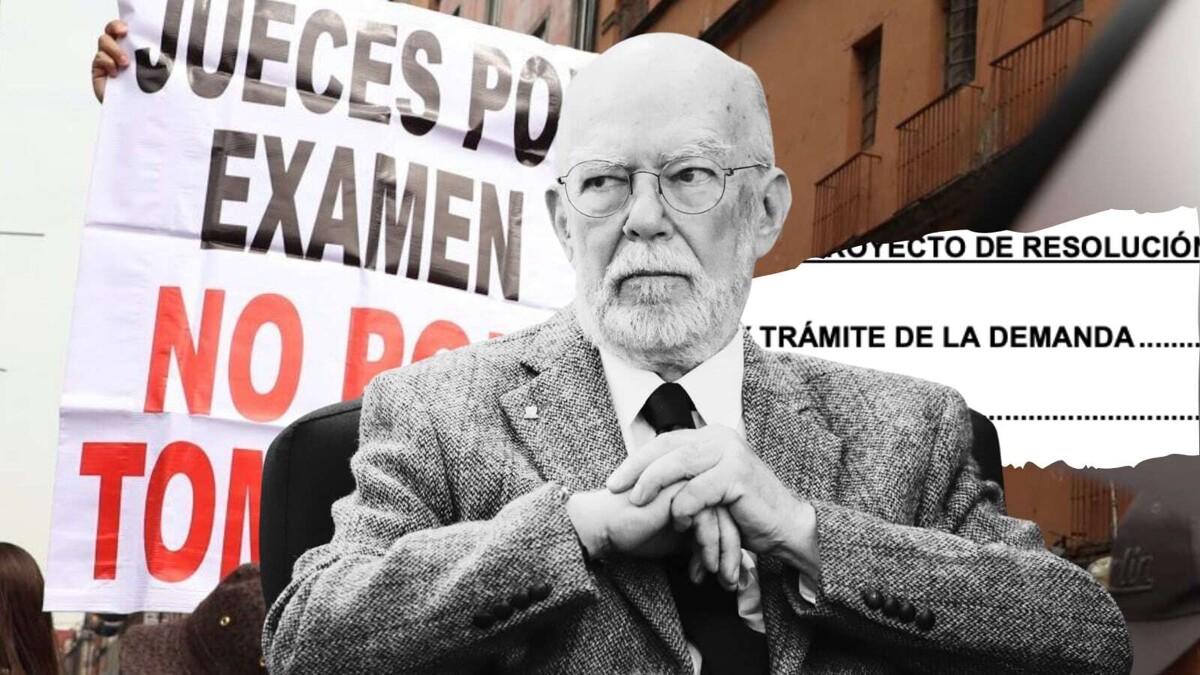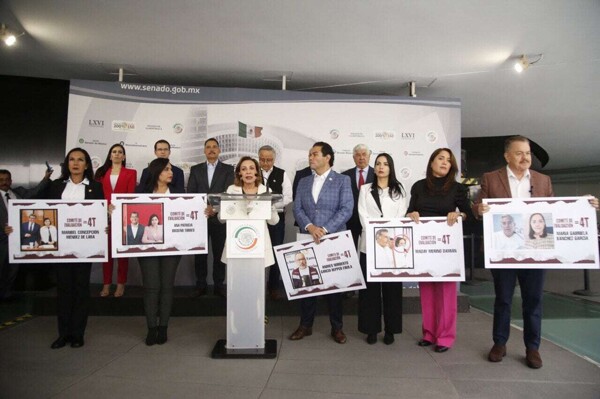
The proposal by Minister Juan Luis González Alcántara Carrancá to prevent a constitutional crisis during the 2025 judicial election conducts a thorough review of the judicial reform approved on September 15, 2024, introducing profound changes to the structure and functioning of the Judiciary of Mexico.
It is emphasized that the decision must be made cautiously to protect judicial impartiality. The popular election for ministers of the SCJN, magistrates of the Judicial Discipline Tribunal, and magistrates of the Superior Chamber of the Electoral Tribunal is maintained. However, it is questioned whether the popular election is suitable for all judicial positions.
The project invalidates the popular election of District judges and Circuit magistrates, arguing that it could interfere with their impartiality by detaching them from political pressures. A salary reduction for future judges and magistrates is established, protecting the labor rights of current officials.
Salary caps and the extinction of funds and trusts in the Judiciary are maintained, in line with proposed austerity policies. It is proposed to limit the imposition of a single judicial regime for the states, respecting federalism and local autonomy.
Some powers of the Judicial Discipline Tribunal are restricted, allowing its decisions to be challenged. The deadlines established in the reform for resolving matters in criminal and tax issues are considered valid. Provisions proposing the automatic removal of judges and magistrates in office are invalidated, protecting the stability of current judicial officials.
The proposal to implement "faceless judges" in high-risk cases is invalidated, considering that it goes against due process. The minister's proposal seeks to correct certain aspects of the reform to preserve fundamental principles of justice, such as impartiality and independence.
The ruling highlights principles such as deference and self-restraint, which are fundamental to protecting judicial independence and transparency in the Mexican reform.














